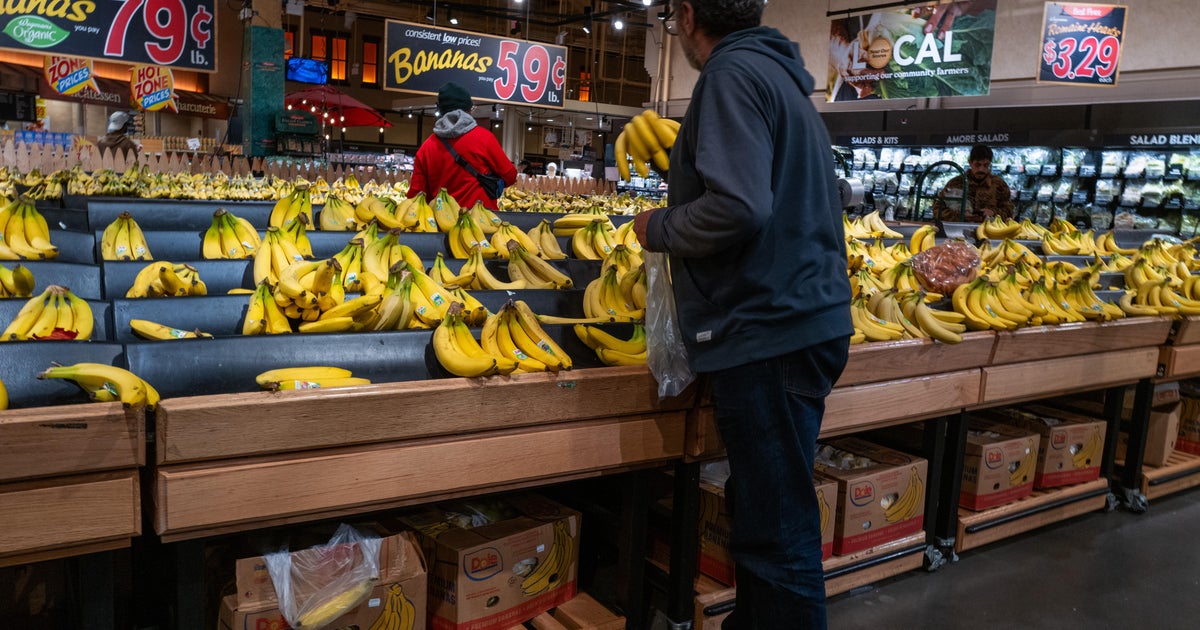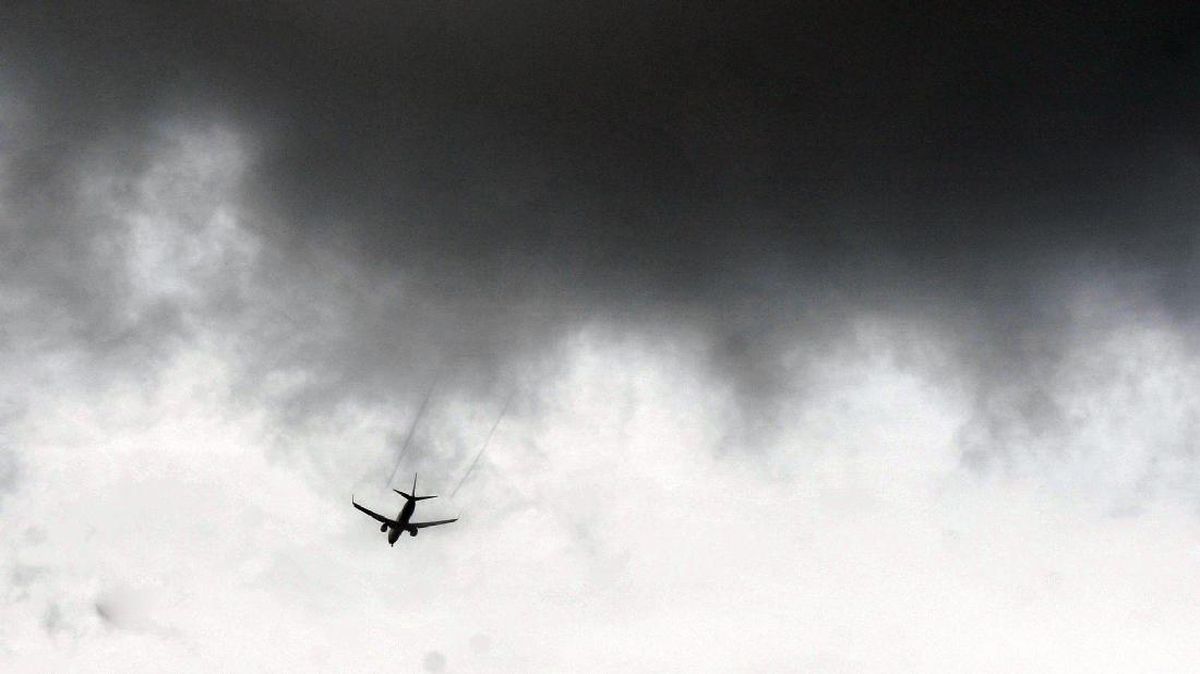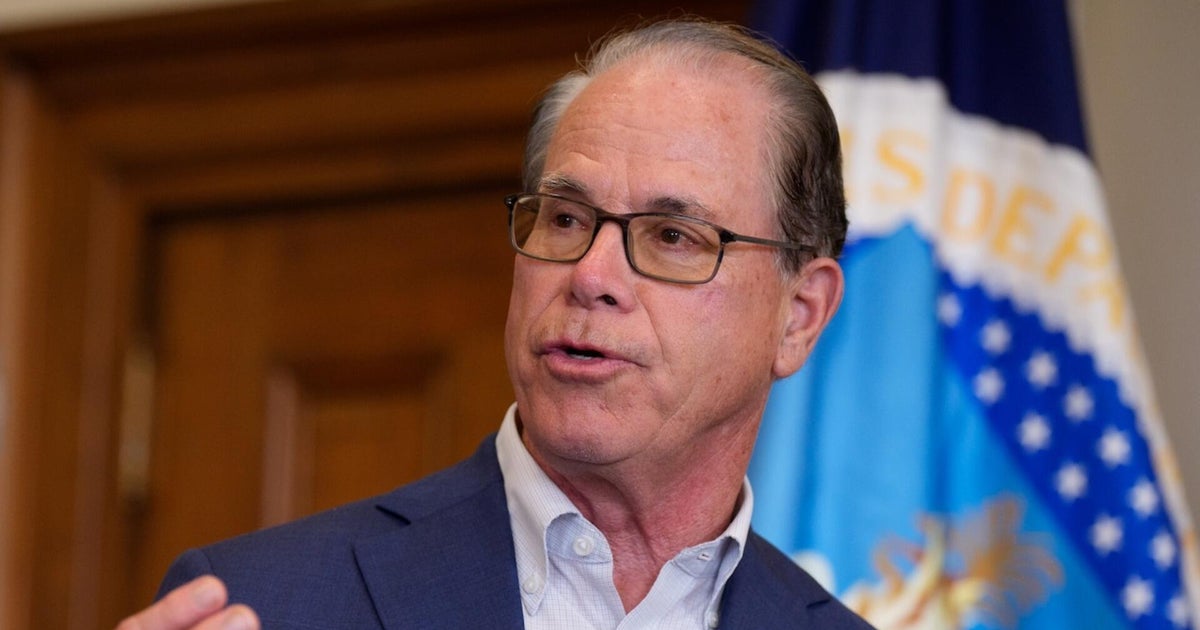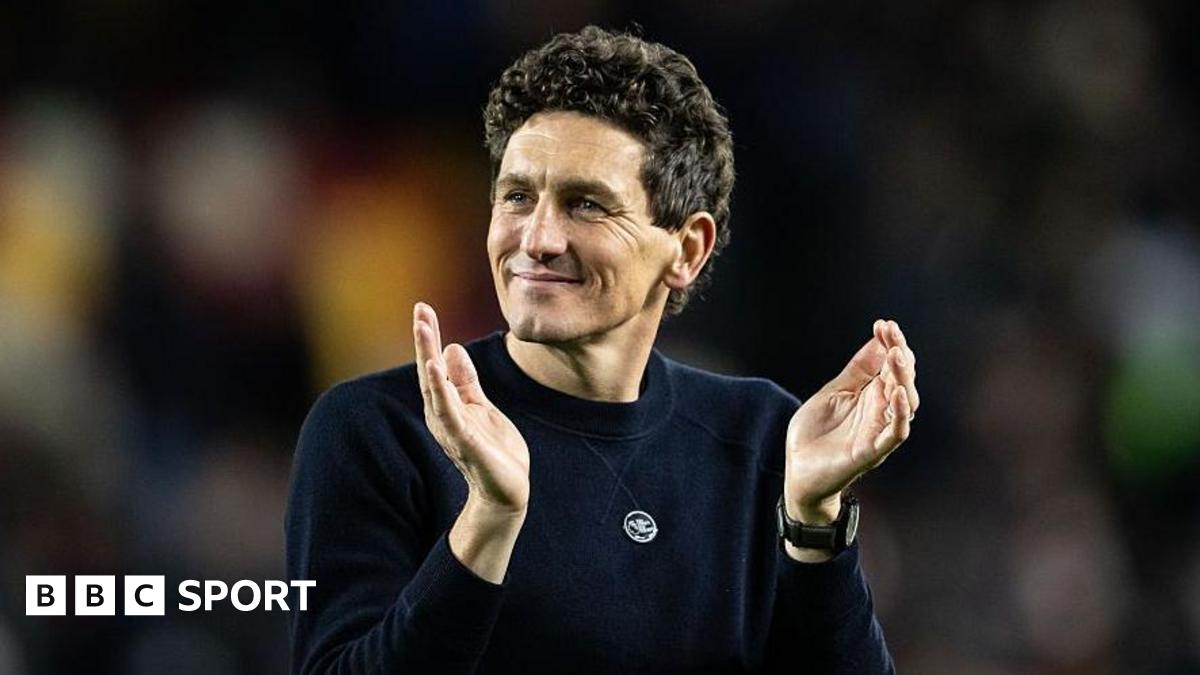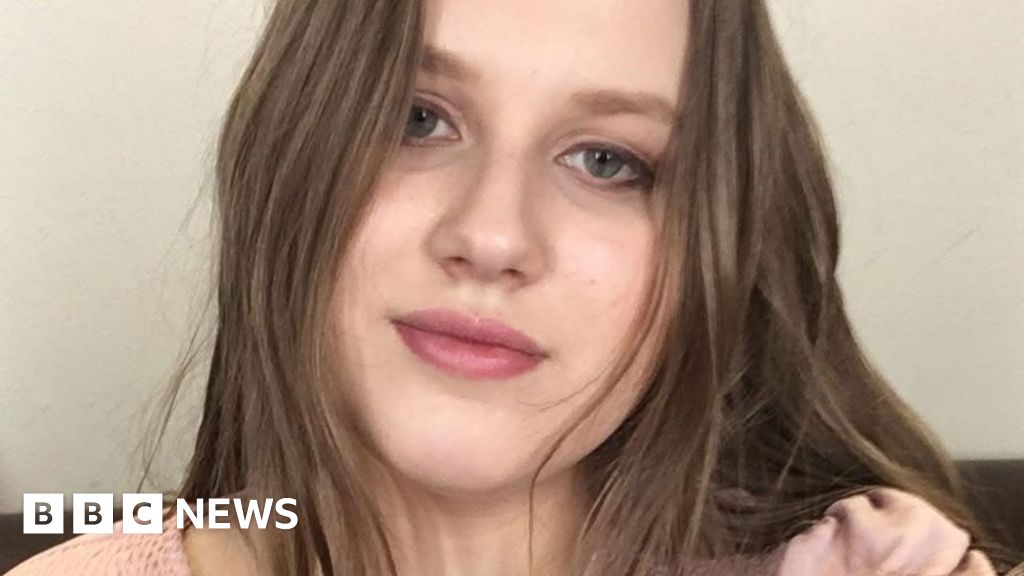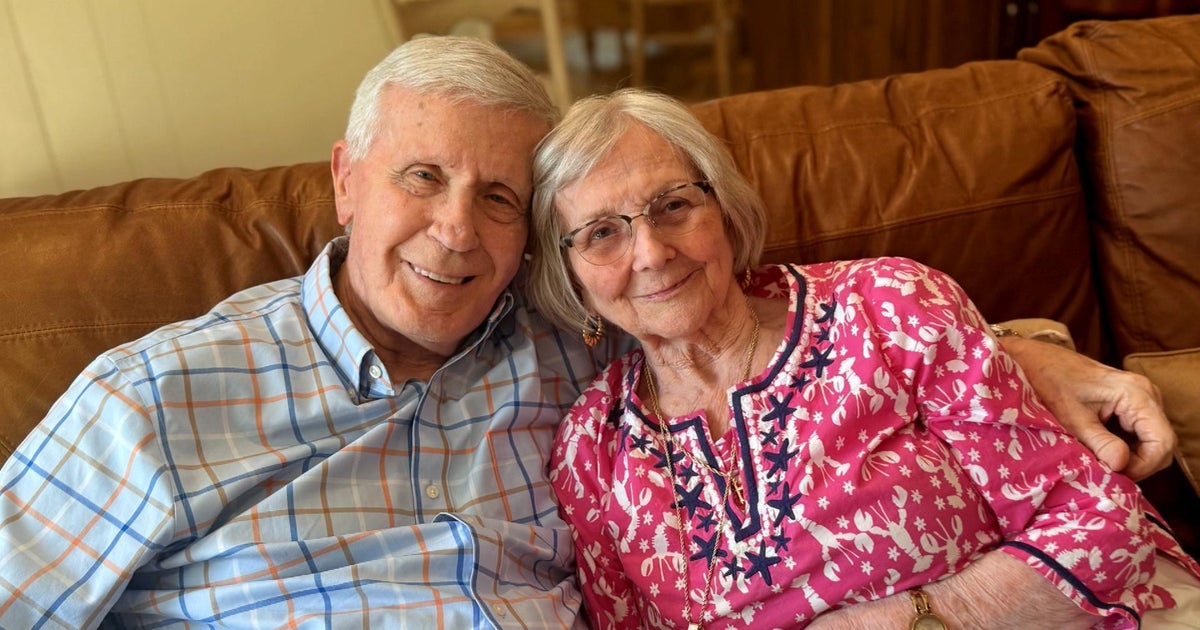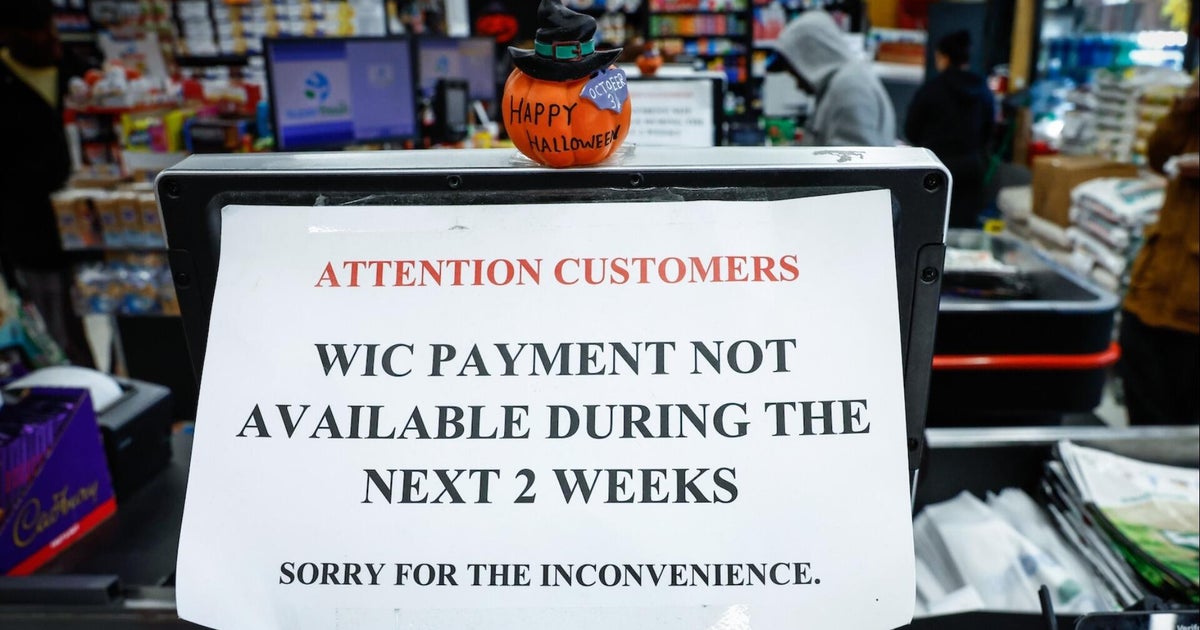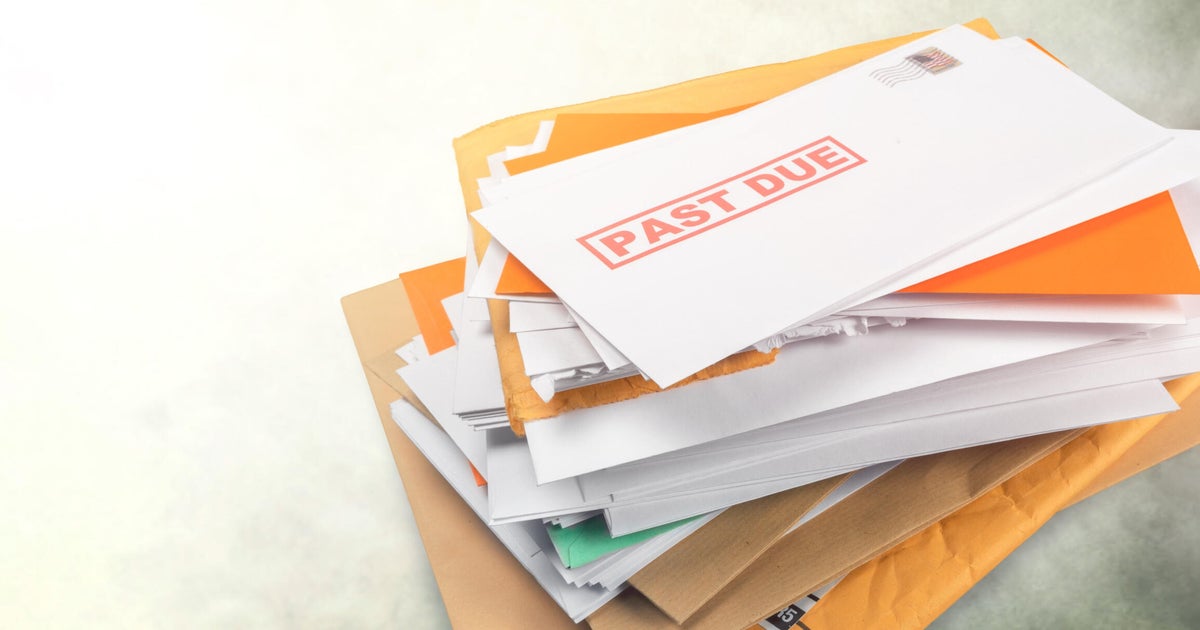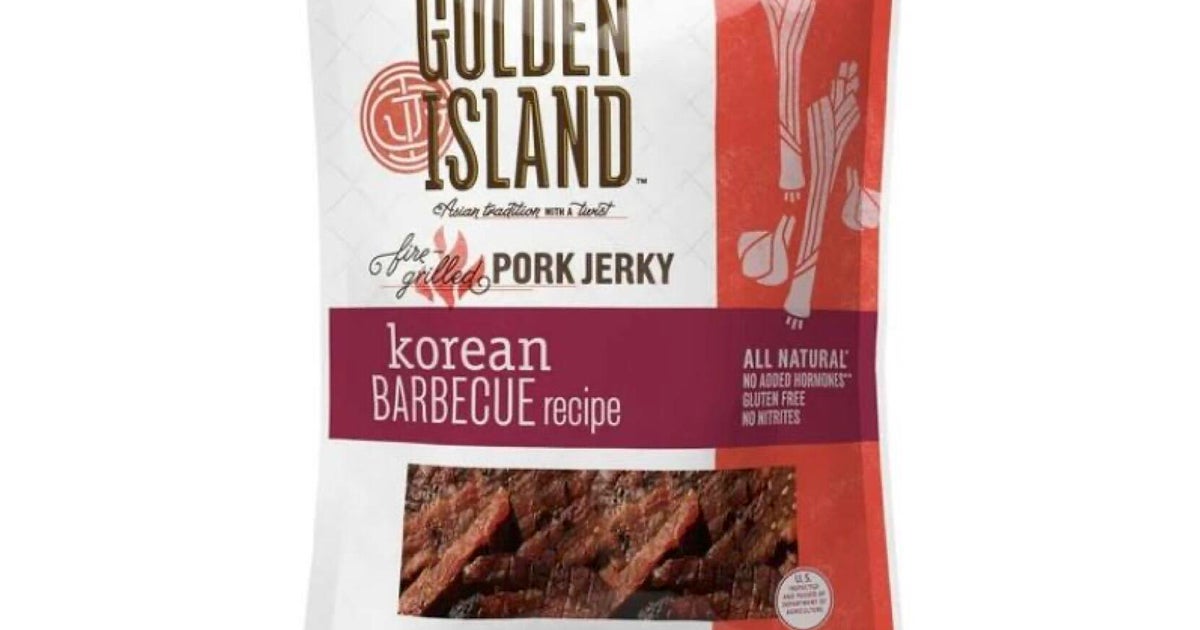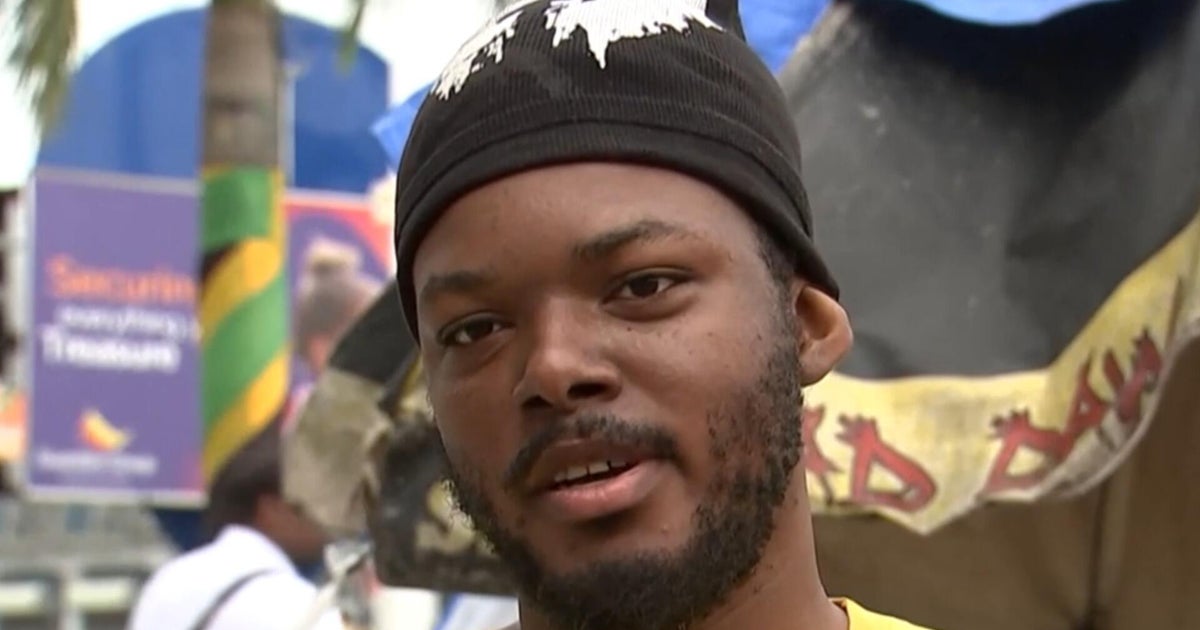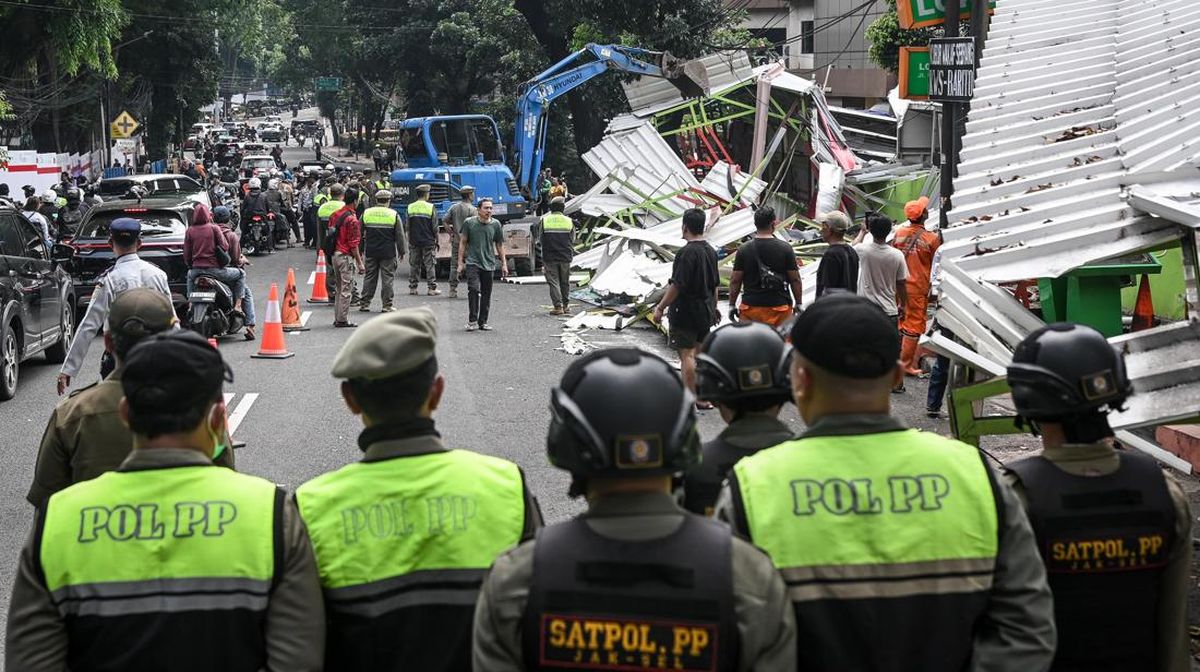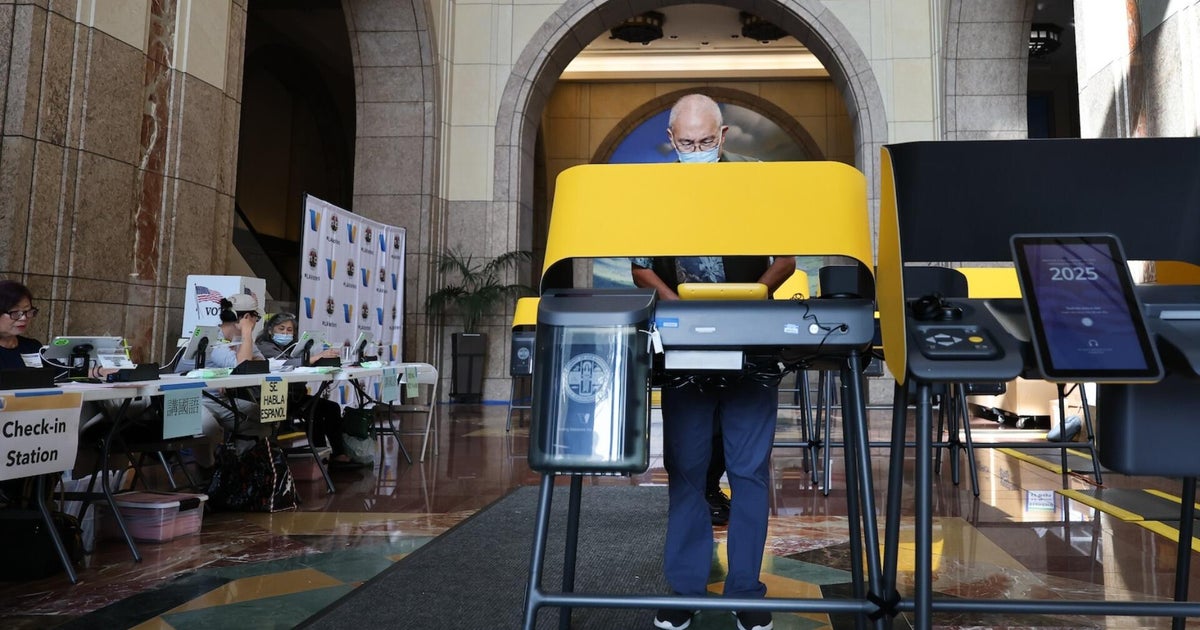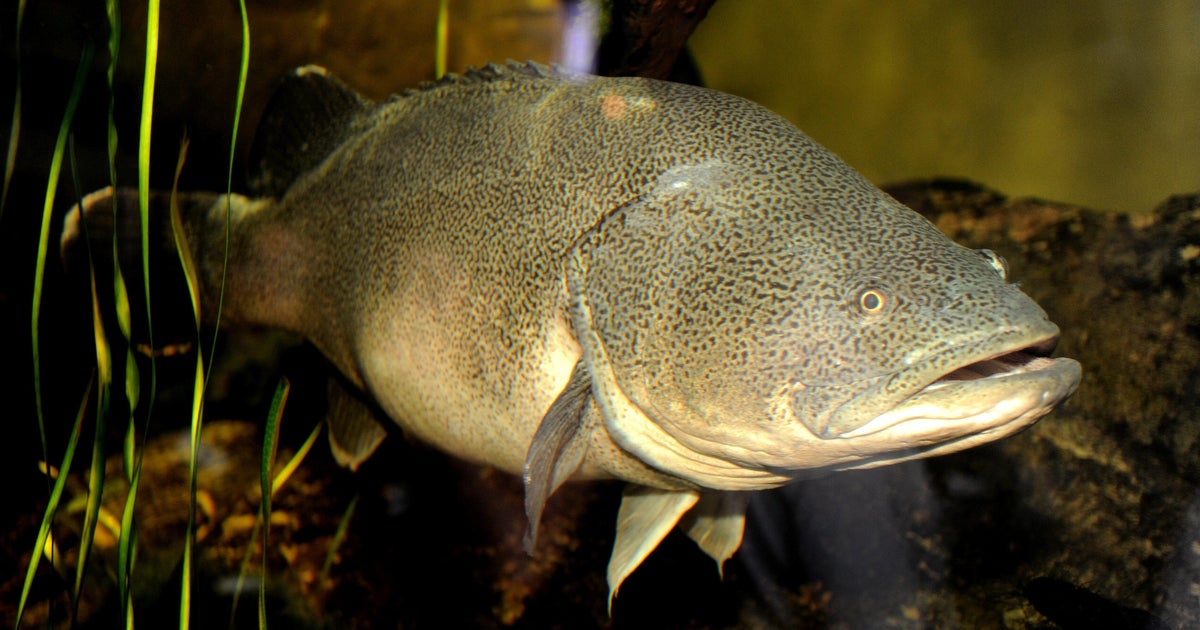In this series, we examine the work of Victoria’s Yoorrook Justice Commission, a public inquiry into the impact of colonisation on Indigenous Victorians.
See all 53 stories.Redress for Aboriginal Victorians should be provided through statewide and local treaties for historical injustices, the final report of Victoria’s landmark truth-telling inquiry has found.
Restitution of land, monetary compensation, tax relief or other financial benefits are among the forms of compensation the Allan government has been called on to consider as part of the process.

Yoorrook commissioner Travis Lovett at the end of the Walk for Truth at the steps of Parliament House on June 16.Credit: Justin McManus
The final reports of the Yoorrook Justice Commission were tabled in state parliament on Tuesday afternoon.
The Age on Tuesday revealed three of five Yoorrook commissioners considered writing a dissenting report until, following crisis meetings and interventions, accommodation was reached to enable publication of the reports without formal dissent.
The publication of the documents is the culmination of four years of work for the commission, which was established in May 2021 as a royal commission into historical and ongoing systemic injustices perpetrated against First Peoples.
The commission also supports the treaty processes currently under way.
The first part of Yoorrook’s body of work released on Tuesday contains the findings of the truth-telling process – a First Peoples’ account of Victorian history – based on public submissions, hearings, community engagements and documentary evidence.
The second, a report titled Yoorrook for Transformation, which runs to five volumes, contains 100 final recommendations to the government. These add to 148 recommendations already published through the commission’s interim reports.
The last two of these recommendations call on the Allan government to officially acknowledge the “responsibility of its predecessors for laws, policies and practices that contributed to systemic injustices against Victorian First Peoples” and to make official apologies.
Loading
The final request is that, through a statewide treaty and other localised treaties to be negotiated with traditional owner groups, the state provides redress for injustices as a result of colonial occupation.
This includes “all consequent damage and loss, including economic and non-economic loss for genocide, crimes against humanity and denial of freedoms”.
Yoorrook’s report says redress should include monetary compensation, tax relief and the restitution of ownership rights for traditional lands, waters and natural resources to First Peoples.
Other recommendations called on the government to negotiate “independent funding streams” with the First Peoples Assembly of Victoria, earmarking state government revenue from land, water and natural resources to support Victoria’s self-determination fund and other initiatives led by Aboriginal Victorians.
To support this, Yoorrook also calls on the state government to give the assembly and traditional owner groups access to annual data showing the revenue the government collects from freehold land, Crown land, waterways, fisheries, forestry, renewables, minerals, gas and petroleum.
The report found that between 2010 and 2023, the state had received $83 billion in water-related revenue, $1 billion from resource royalties and $1.89 billion from grazing and licences of government land.
In September 2023, Yoorrook published a report with 46 recommendations related to the child protection and youth justice system, including calls for overhauls that would give First Nations people greater control.
The Allan government’s response seven months later supported four of these in full, 24 in principle and listed 15 as under consideration. The state rejected three recommendations on raising the age of criminal responsibility, bail reform and pursuing human rights abuses through the Victorian Civil and Administrative Tribunal.
Loading
Premier Jacinta Allan on Tuesday thanked the commission for the reports and said the state government would consider their final findings and recommendations.
“They shine a light on hard truths and lay the foundations for a better future for all Victorians,” she said.
“Victoria’s truth-telling process is a historic opportunity to hear the stories of our past that have been buried – these are stories that all Victorians need to hear.”
Most Viewed in National
Loading


